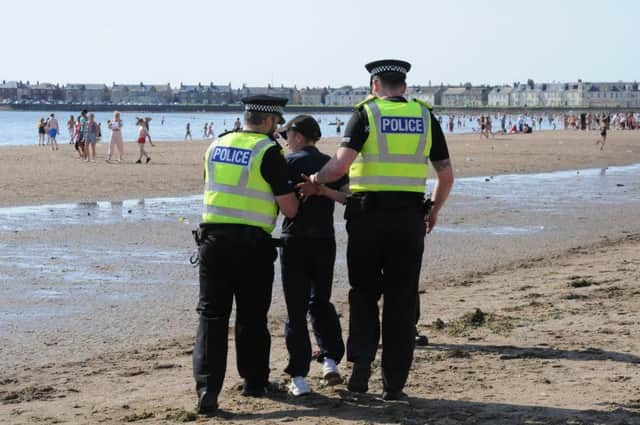Tim Flinn: The science is clear: under-21s should not be allowed to vote


Another story on that same date featured teenagers tipping a drunken colleague into a skip and abandoning him. He was nearly dead before being found and rescued.
A third story, also on that date, concerned teenagers at college being encouraged to vote twice for a certain politician, able to do do because they had a home address and a study address.
Advertisement
Hide AdAdvertisement
Hide AdIt would be to challenge the meaning of words to declare that those instances illustrated what most of us would accept as ‘responsible’ behaviour. Yet these are the very young people who have been given the vote and who are expected to exercise that vote responsibly.
Current scientific evidence shows quite clearly that human brains are not fully ‘wired up’ before, at the earliest, 21 in women, 24 in men. Up to that point the rational part of the brain is inferior to the emotional/irrational areas.
This is not say that the young are less intelligent and competent, only that they are still prone to act immaturely, hastily and thoughtlessly – childishly if you like.
Politically this effect shows up in the more steadying and reactionary voting patterns of older generations, and is in contrast to their former, youthful, more volatile and less calculated opinions.
Of course there are exceptions. Some adults behave disgracefully and some teenagers are wonderfully ‘sorted’, sane and sober, but these are the exceptions. Statistics that also contain the ages of criminals, drug abusers, suicides, public drunkenness, unwanted pregnancies, early divorces, car-driving accidents, vandalism, graffiti, hooliganism, knife crimes, mugging, joining terrorist organisations and angry demonstrations and the like produce data to support the conclusion that teenagers as a group still benefit from control of, and protection from, their own irrational impulses.
Some countries already forbid marriage to the under-21s and that age used to be known as the ‘age of responsibility’, a title that shows our ancestors to have be more aware of the pitfalls and follies of youth than we are today.
Rather than lowering the voting age, following the science clearly indicates raising that age to at least 21 is the way to go. For much the same reasons, teenagers should be forbidden to marry, drink, smoke, drive, become parents, join the armed forces in any fighting capacity, to be jobless or given credit cards.
That still leaves them with plenty of room to grow up, study, become apprentices, dance, play, travel, and generally enjoy a worthwhile freedom from all manner of adult responsibilities until they are better cognitively equipped to handle grown-up life.
Tim Flinn is a retired education psychologist. He lives in Garvald, East Lothian